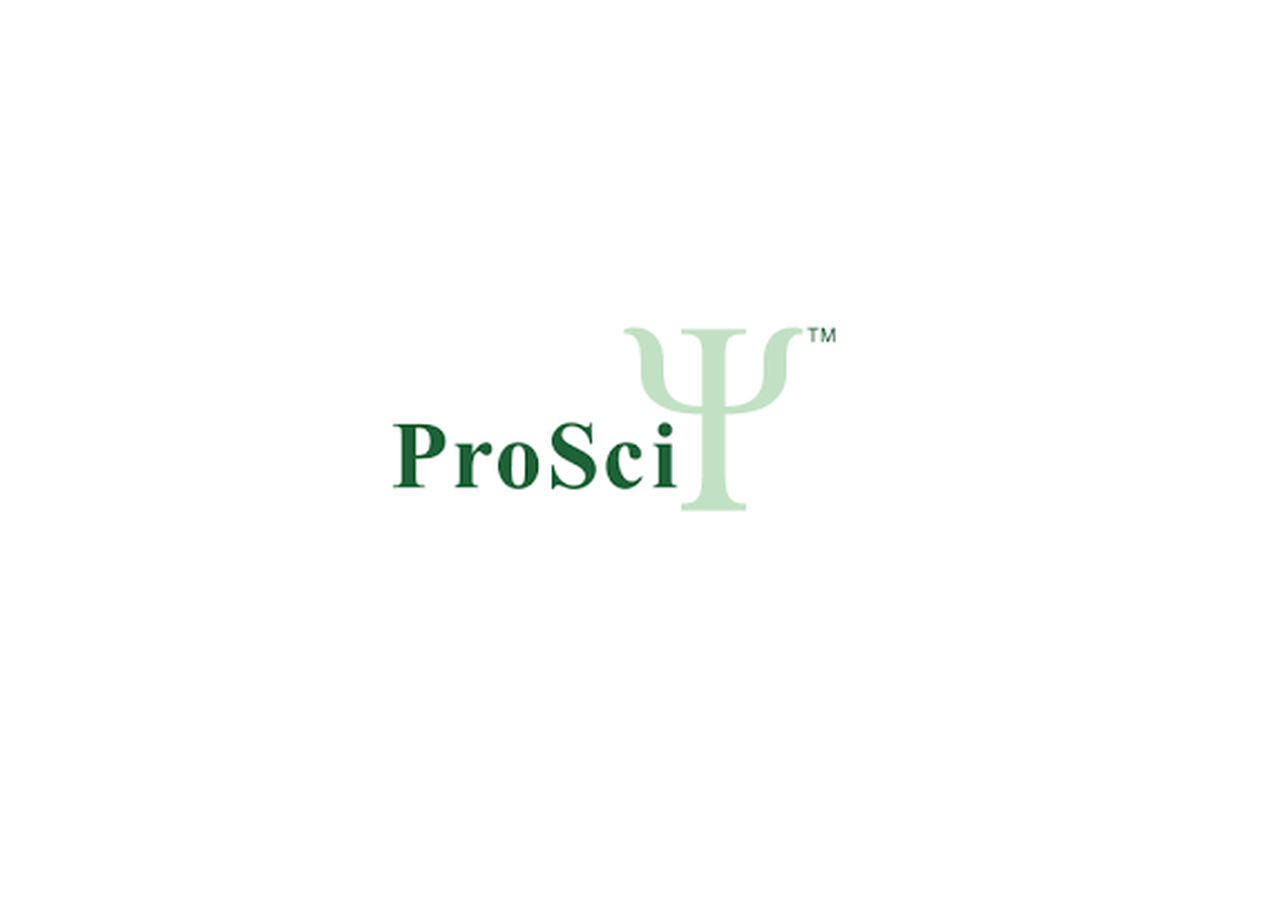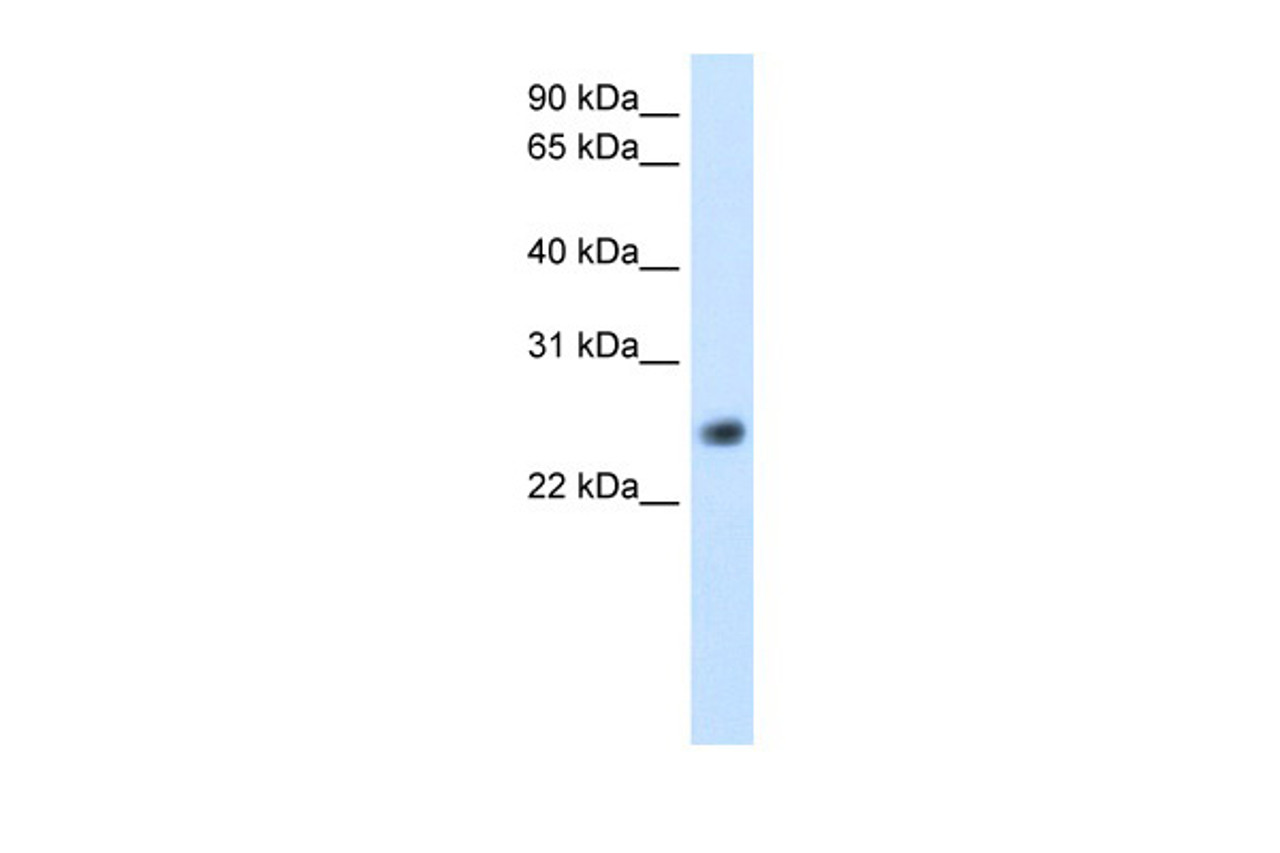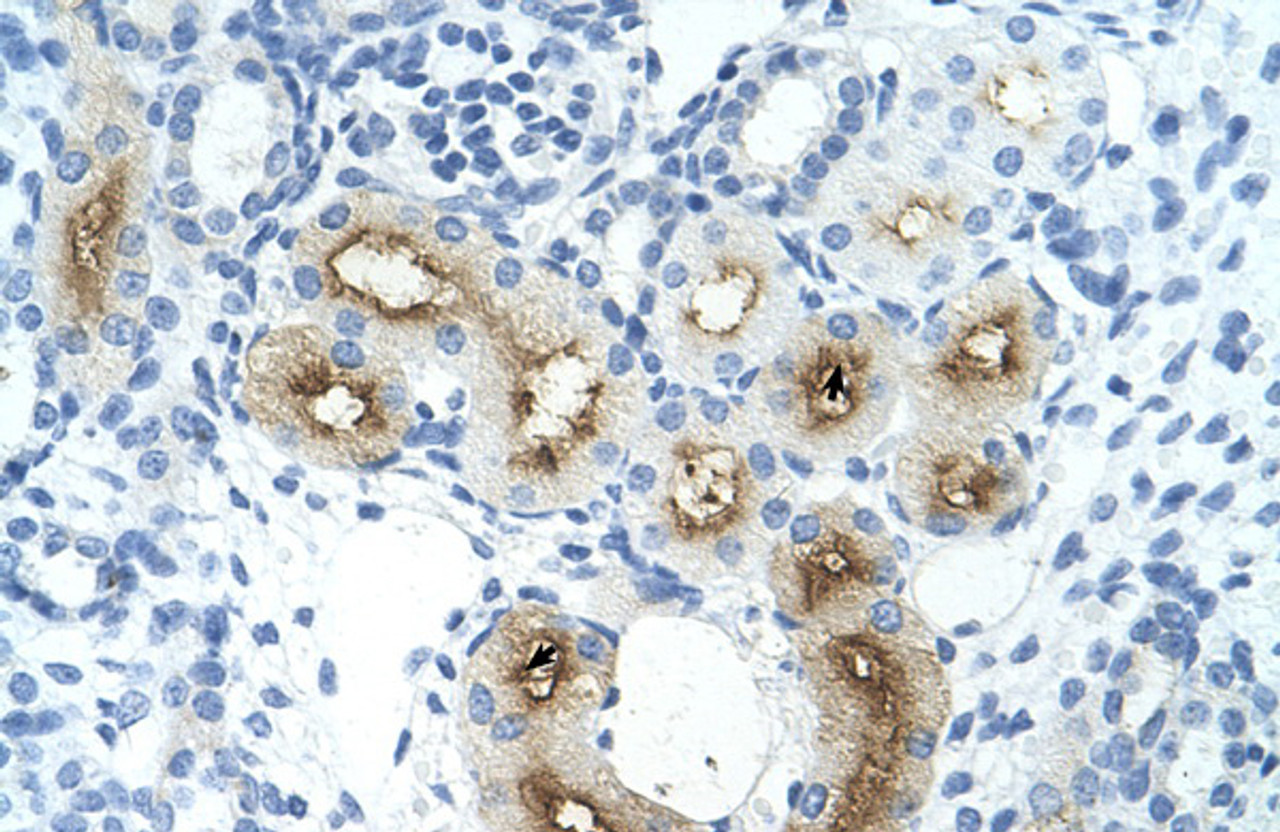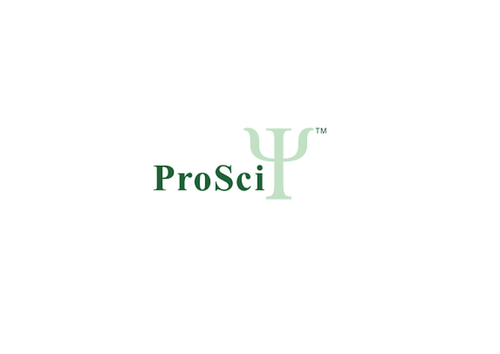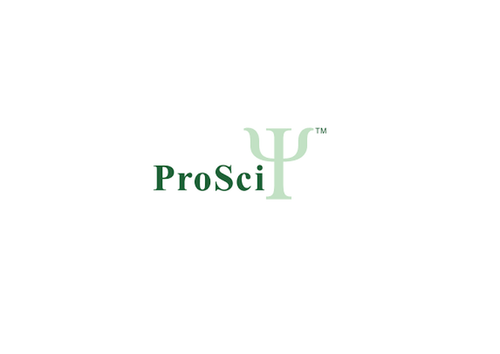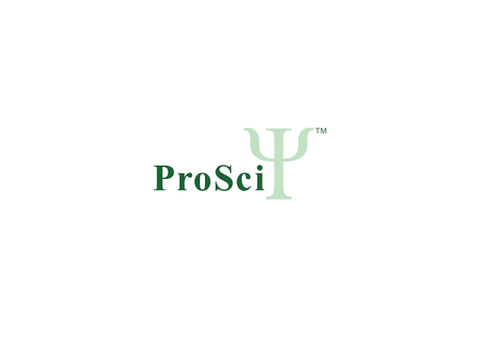Product Description
GGTLA4 Antibody | 29-608 | ProSci
Host: Rabbit
Reactivity: Human, Mouse, Rat, Dog
Homology: N/A
Immunogen: Antibody produced in rabbits immunized with a synthetic peptide corresponding a region of human GGTLA4.
Research Area: Other
Tested Application: E, WB, IHC
Application: GGTLA4 antibody can be used for detection of GGTLA4 by ELISA at 1:312500. GGTLA4 antibody can be used for detection of GGTLA4 by western blot at 5.0 μg/mL, and HRP conjugated secondary antibody should be diluted 1:50, 000 - 100, 000.
Specificiy: N/A
Positive Control 1: Cat. No. XBL-10408 - Fetal Kidney Tissue Lysate
Positive Control 2: N/A
Positive Control 3: N/A
Positive Control 4: N/A
Positive Control 5: N/A
Positive Control 6: N/A
Molecular Weight: 25 kDa, 61 kDa, 61 kDa, 61 kDa, 61 kDa, 24 kDa, 24 kDa, 27 kDa, 24 kDa, 27 kDa, 24 kDa, 62 kDa, 62 kDa, 62 kDa
Validation: N/A
Isoform: N/A
Purification: Antibody is purified by protein A chromatography method.
Clonality: Polyclonal
Clone: N/A
Isotype: N/A
Conjugate: Unconjugated
Physical State: Liquid
Buffer: Purified antibody supplied in 1x PBS buffer with 0.09% (w/v) sodium azide and 2% sucrose.
Concentration: batch dependent
Storage Condition: For short periods of storage (days) store at 4˚C. For longer periods of storage, store GGTLA4 antibody at -20˚C. As with any antibody avoid repeat freeze-thaw cycles.
Alternate Name: GGTLA4, RP5-831C21.2, MGC50550, dJ831C21.2, GGTL6, GGTLA3, GGTLA4, dJ831C21.1
User Note: Optimal dilutions for each application to be determined by the researcher.
BACKGROUND: Gamma-glutamyl transpeptidase is a membrane-bound protein that is important in the metabolism of glutathione. The protein is similar in sequence to several members of the gamma-glutamyl transpeptidase family.Gamma-glutamyl transpeptidase is a membrane-bound protein that is important in the metabolism of glutathione. The protein encoded by this gene is similar in sequence to several members of the gamma-glutamyl transpeptidase family. Three transcript variants encoding the same protein have been found for this gene.
 Euro
Euro
 USD
USD
 British Pound
British Pound
 NULL
NULL

